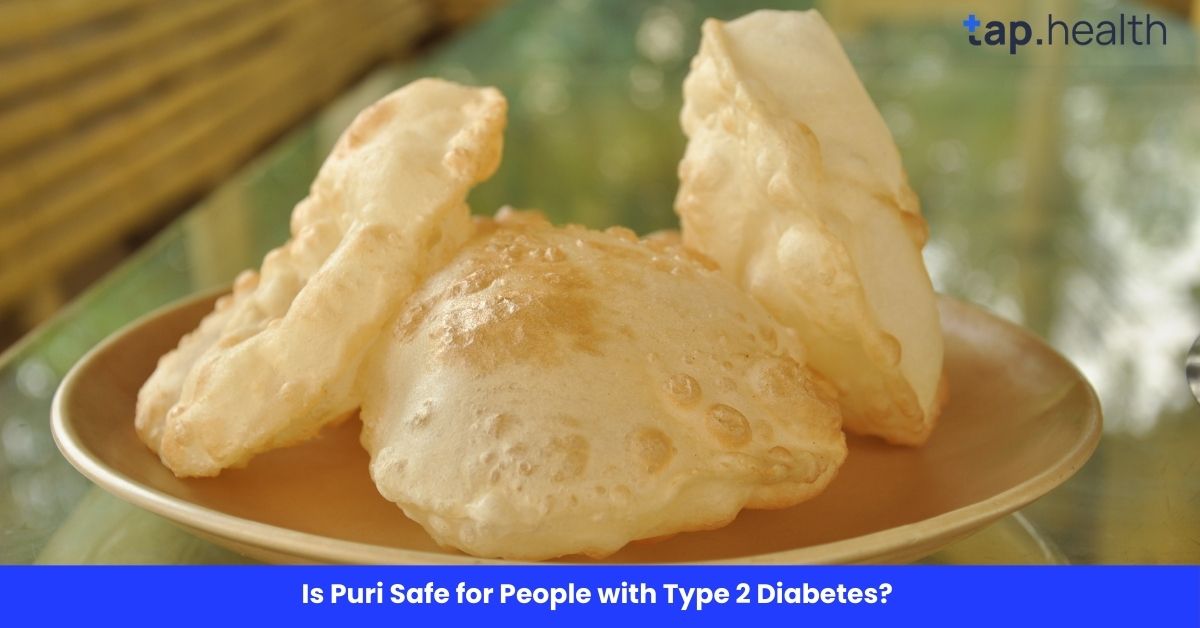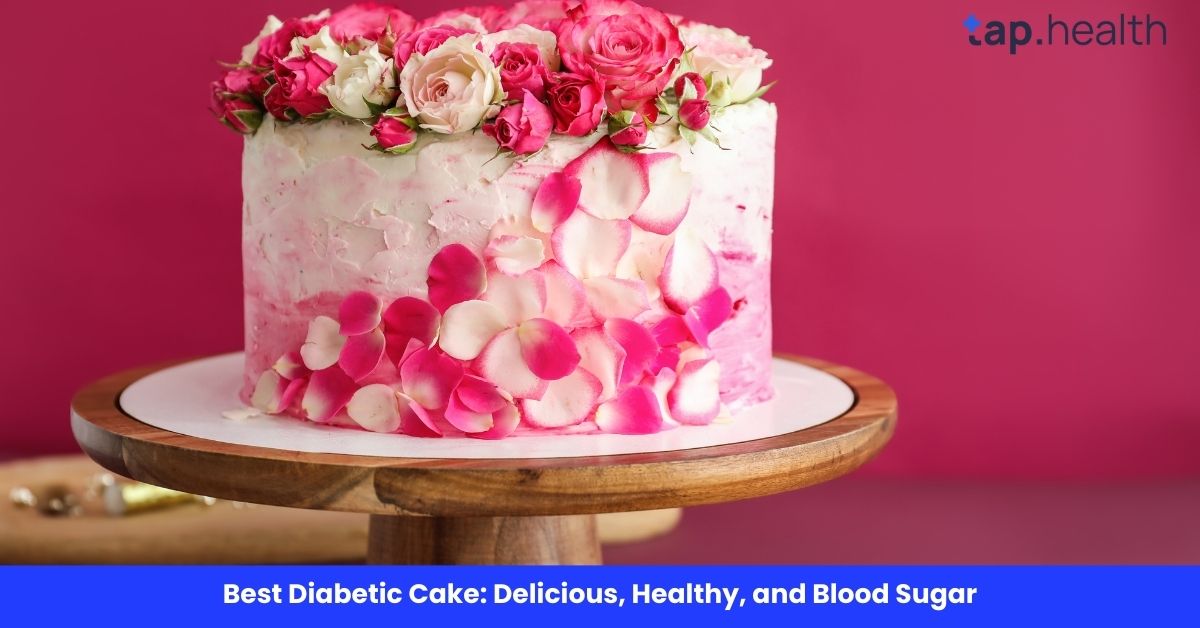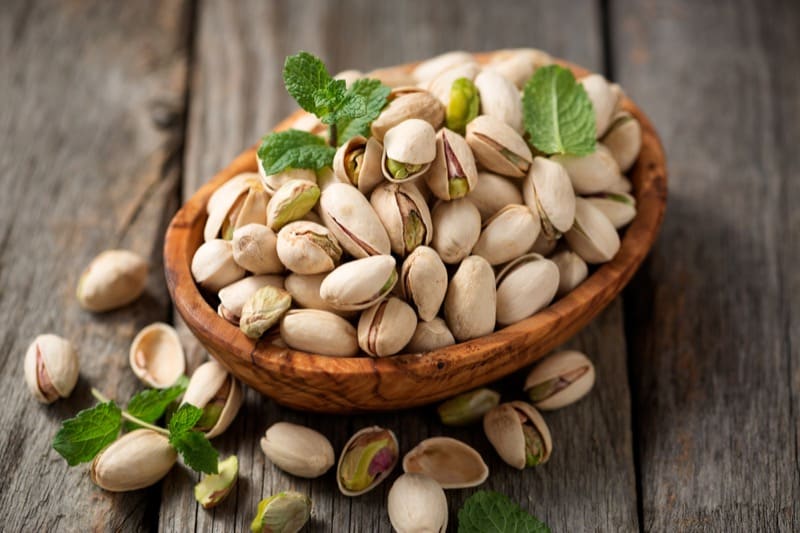If you or someone you know has diabetes, you might have noticed a strong craving for sweets or sugary foods. This is not an uncommon experience. In fact, many people with diabetes struggle with sugar cravings, even though their condition requires them to monitor and manage sugar intake carefully. But why do diabetics crave sweets, especially when they are supposed to be limiting their sugar consumption?
In this blog post, we will explore the reasons behind sugar cravings in diabetes, how they affect the body, and ways to manage them effectively. By understanding the science and psychology behind these cravings, diabetics can make healthier choices and maintain better blood sugar control.
What is Diabetes and How Does it Affect Sugar Levels?
Before diving into why diabetics crave sweets, it’s essential to understand the basics of diabetes and how it affects the body’s relationship with sugar.
What Happens in Diabetes?
Diabetes is a chronic condition that affects how the body processes glucose, or blood sugar. There are two main types of diabetes: type 1 and type 2.
- Type 1 Diabetes: This is an autoimmune condition where the body’s immune system attacks and destroys the insulin-producing cells in the pancreas. As a result, people with type 1 diabetes cannot produce insulin and must take insulin daily to manage their blood sugar levels.
- Type 2 Diabetes: In type 2 diabetes, the body either doesn’t produce enough insulin or the cells become resistant to insulin. This leads to high blood sugar levels, and the body struggles to use sugar properly. Over time, this can cause damage to organs and other body systems.
Insulin’s Role in Sugar Control
Insulin is a hormone that helps move sugar from the bloodstream into the cells, where it can be used for energy. When insulin is not working effectively, such as in type 2 diabetes, or is not available, like in type 1 diabetes, blood sugar levels can rise. This imbalance can trigger a series of cravings for sugar and sweets.
Why Do Diabetics Crave Sweets?
Now that we have a basic understanding of diabetes, let’s explore the main reasons diabetics experience sugar cravings.
1. Blood Sugar Imbalance and Low Blood Sugar (Hypoglycemia)
One of the most common reasons diabetics crave sweets is because of low blood sugar, also known as hypoglycemia. When blood sugar levels drop too low, the body signals the brain to increase sugar intake as a quick source of energy.
How Does Hypoglycemia Happen?
For people with diabetes, hypoglycemia can occur when there is too much insulin in the body relative to the amount of food or carbohydrates consumed. This imbalance can lead to a sudden drop in blood sugar levels, causing symptoms like dizziness, shakiness, confusion, and intense sugar cravings.
- To manage hypoglycemia, diabetics may crave sweets or sugary foods to raise their blood sugar levels quickly. This is the body’s natural response to restore balance.
2. Insulin Resistance and Blood Sugar Spikes
In people with type 2 diabetes, insulin resistance can make it harder for the body to use insulin effectively. When insulin doesn’t work properly, sugar builds up in the bloodstream instead of being absorbed by the cells.
Over time, high blood sugar levels can lead to a cycle of cravings. After a meal, the body might experience a spike in blood sugar followed by a sharp drop. This drop can lead to feelings of hunger and cravings for sweets, as the body tries to compensate for the drop in energy.
3. The Brain’s Response to Sugar
The brain is wired to seek out and enjoy sweet foods. When you consume sugar, your brain releases dopamine, the feel-good neurotransmitter that creates a sense of pleasure and reward. For people with diabetes, this reward system can become intensified. When blood sugar levels are low, the brain signals that it needs energy, and sugar is a quick fix. As a result, the craving for sweets becomes more prominent.
The Vicious Cycle
This constant cycle of blood sugar highs and lows, combined with the brain’s natural craving for sugar, can make it difficult for diabetics to resist sweets, even if they know they should avoid them. This can also explain why people with diabetes may experience stronger cravings for sugar than those without the condition.
4. Emotional Factors and Stress
Craving sweets is not always a physiological response. Emotional factors like stress, boredom, or even sadness can trigger cravings for comfort foods, including sugary snacks. For people with diabetes, managing stress and emotions is important, as high stress levels can also lead to poor blood sugar control.
When stressed, the body releases cortisol, a hormone that can increase blood sugar levels. This can create a feedback loop, leading to more cravings for sugar and unhealthy foods.
Managing Stress to Control Cravings
Learning how to manage stress through relaxation techniques, such as deep breathing, meditation, or exercise, can help reduce emotional eating and cravings. Finding healthier ways to cope with stress can support better blood sugar control and reduce the urge to reach for sugary treats.
5. Habit and Conditioning
For many people, consuming sweets has become a habit. Whether it’s reaching for a candy bar in the afternoon or having a dessert after dinner, these patterns can become ingrained over time. For diabetics, breaking this habit can be difficult, especially if sweets are used as a coping mechanism for stress or other emotions.
When you consume sugar, the body gets used to the instant energy boost, making it feel rewarding. Over time, the brain starts to associate sweets with pleasure, which can result in cravings.
How to Manage Sugar Cravings in Diabetes
While sugar cravings can be challenging, there are several ways diabetics can manage them without compromising their health.
1. Eat Balanced Meals
The key to managing sugar cravings is maintaining stable blood sugar levels throughout the day. By eating balanced meals that include a combination of protein, healthy fats, fiber, and whole grains, diabetics can keep their blood sugar levels steady and prevent the spikes and dips that lead to cravings.
- Include fiber: Fiber slows down the digestion of sugar, helping to keep blood sugar levels stable. Foods like whole grains, fruits, and vegetables are excellent sources of fiber.
- Eat regular meals: Skipping meals can lead to low blood sugar levels, which can trigger cravings. Eating regularly helps prevent this.
2. Choose Healthier Snacks
When cravings strike, it’s important to have healthier alternatives on hand. Instead of sugary treats, try snacking on options that are low in sugar and rich in nutrients.
- Nuts and seeds: Rich in healthy fats and protein, these snacks can help satisfy hunger and keep blood sugar levels stable.
- Greek yogurt: Opt for unsweetened yogurt, which is rich in protein and probiotics.
- Fresh fruit: If you’re craving something sweet, fresh fruit can provide natural sugars along with fiber and vitamins.
3. Stay Hydrated
Dehydration can sometimes be mistaken for hunger, leading to unnecessary cravings. Make sure to drink plenty of water throughout the day to stay hydrated and reduce the risk of mistaken hunger signals.
4. Exercise Regularly
Exercise helps regulate blood sugar levels and reduces insulin resistance. Regular physical activity can help prevent the blood sugar spikes and drops that lead to cravings. Even a short walk after meals can help stabilize blood sugar levels and curb cravings.
5. Manage Stress Effectively
Since stress can trigger cravings, it’s important to practice stress-reduction techniques. Consider yoga, meditation, or other mindfulness practices to help manage stress and reduce emotional eating.
6. Get Enough Sleep
Lack of sleep can disrupt hormones that control hunger and increase cravings for sugar. Aiming for 7-9 hours of sleep each night can help manage cravings and support overall health.
Real-Life Scenario
Take the example of Priya, who has Type 2 diabetes. After meals, she often feels tired and craves sweets. When her blood sugar dips a few hours later, she reaches for a sugary snack to feel better. Over time, she realized this pattern was linked to inconsistent meal timing and low-protein intake — both of which affected her glucose stability.
Expert Contribution
According to endocrinologists, sugar cravings in diabetics are a physiological response, not just a lack of willpower. Dr. Meera Patel, a diabetes specialist, explains that “when blood sugar fluctuates frequently, the brain craves glucose to restore balance.” She adds that maintaining steady glucose levels through balanced meals, adequate hydration, and sufficient sleep can reduce the frequency of these cravings.
Recommendations Grounded in Proven Research and Facts
- Eat balanced meals: Include fiber, protein, and healthy fats to slow sugar absorption.
- Avoid long gaps between meals: Small, frequent meals help prevent glucose dips.
- Stay hydrated: Sometimes thirst feels like a craving.
- Manage stress: Meditation, walking, or yoga can reduce emotional eating triggers.
- Choose natural sweetness: Opt for fruit or low-glycemic sweeteners in moderation.
Research shows that stabilizing blood sugar through dietary and lifestyle changes not only reduces sugar cravings but also improves long-term diabetes management.
FAQ on Why Do Diabetics Crave Sweets?
1. Why do diabetics crave sweets?
Diabetics crave sweets due to blood sugar imbalances, insulin resistance, the brain’s natural reward system, stress, and habits formed over time.
2. Can low blood sugar cause sugar cravings in diabetics?
Yes, low blood sugar (hypoglycemia) can cause intense sugar cravings as the body seeks to quickly raise blood sugar levels for energy.
3. How can I manage sugar cravings with diabetes?
You can manage sugar cravings by eating balanced meals, choosing healthier snacks, staying hydrated, exercising regularly, managing stress, and getting enough sleep.
4. Are sugar cravings a sign of uncontrolled diabetes?
Frequent sugar cravings can indicate blood sugar imbalances, so it’s important to monitor your blood sugar levels and follow your doctor’s advice.
5. Can stress trigger sugar cravings in diabetics?
Yes, stress can increase cortisol levels, which may lead to increased blood sugar and cravings for sugary foods.
Conclusion
Craving sweets is a common experience for people with diabetes, but understanding the reasons behind these cravings can help you manage them better. Whether it’s due to low blood sugar, insulin resistance, emotional factors, or simply habit, there are effective strategies to control cravings and maintain healthy blood sugar levels. By eating balanced meals, staying hydrated, managing stress, and making mindful food choices, diabetics can successfully reduce sugar cravings and improve overall health.



